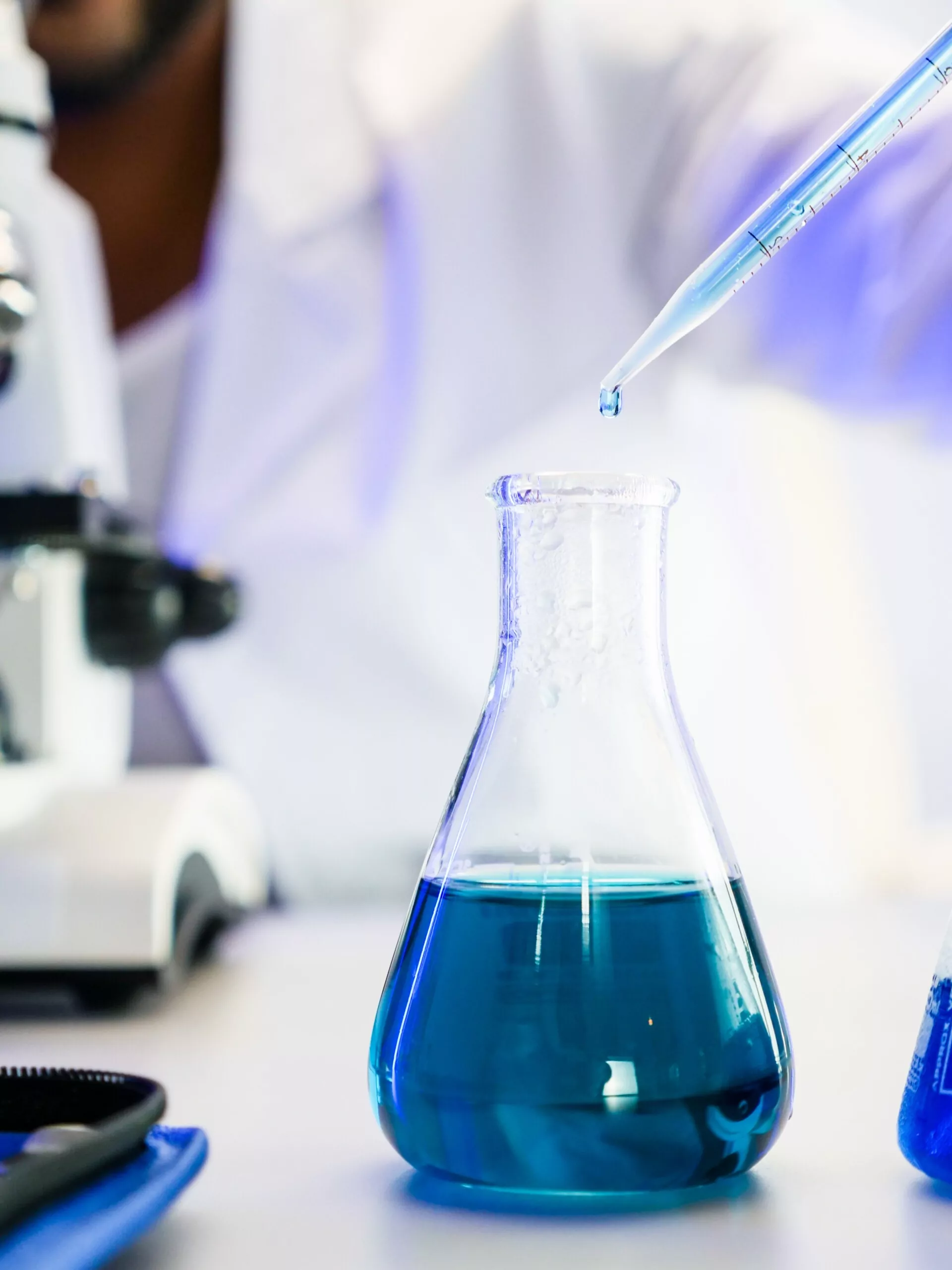Author: Nicole Tan
As their name suggests, biological medicines contain active substances such as proteins, peptides and polysaccharides made by living cells or organisms. While the market still features biological medicines formulated from tissues of natural origin (e.g. low molecular weight heparins), most biological medicines nowadays are products of recombinant technology engineered either to mimic endogenous proteins or are novel molecules designed to bind target molecules in the body to cause inhibitory or stimulatory effects that modulate disease-causing physiological processes. In Australia, these are regulated as prescription medicines and are distinct from therapeutic products that are regulated as biologicals, such as faecal microbiota transplant (FMT), human cell or tissue-based products (e.g. stem cells), and products that comprise or contain live animal cells, tissues or organs (e.g. pancreatic islet cells isolated from pigs).
Chemical substances are precisely characterised, relatively small compounds typically synthesised via a simple process of reactions using highly purified chemical compounds. In contrast, biological medicine actives are large, complex compounds with an inherently high degree of structural heterogeneity and chemical or enzymatic modification. As a result, the efficacy, physicochemical, and immunogenic properties of biological medicines are highly sensitive to changes in manufacturing. Furthermore, most biological medicines require parenteral administration and will typically involve sterile manufacture by filtration and aseptic fill, which calls for a high degree of supporting validation of the manufacturing process (e.g. media fill studies), sterile filters, containers and closures, as well as suitable controls over the bioburden to ensure sterility of the final drug product. This need to monitor and maintain the integrity of the production process, in addition to the propensity for minor manufacturing changes to affect the clinical performance of biological medicines is reflected by the regulatory requirements. Regulators expect a much greater level of product characterisation information, manufacturing process detail and validation data in the quality dossier at registration, and post-registration variations undergo a higher level of evaluation before implementation. Therefore, apart from very minor changes or improvements to the manufacturing process, most post-approval changes to the biological medicine drug substance and drug product manufacturing method will require prior approval via a Category 3 application, and this should be factored into implementation timelines accordingly.
Biological medicines also tend to be heat- and acid-labile, often requiring long-term storage under frozen or refrigerated conditions and cold chain transport. Thus, validation studies using the thermal shipper configurations planned for use in commercial distribution are also essential. Due to the temperature sensitivity of most biological medicines and their tendency for non-linear degradation, biological medicine batches that are exposed to conditions outside their approved storage temperature range cannot be released for supply unless the duration and magnitude of the excursion (deviation) was previously agreed to by the TGA. These excursion conditions must be supported by appropriate temperature stress/cycling stability data and are evaluated as part of the marketing authorisation or as a post-approval variations, and if approved, form part of the ARTG record details.
In addition to periodic testing that all medicine may be subject to, biological medicines may be TGA tested prior to, or following batch release by the sponsor. The scope of testing varies between products based on the TGA’s risk assessment and is focused on key quality attributes such as purity and potency. If TGA’s risk assessment of the individual product is favourable, release may instead be granted on their evaluation of:
- manufacturing and shipping documentation, such as certificates of analysis for drug substance and finished drug product, and temperature data logs during transport from the manufacturing site to Australia; or
- annual reports with details of the batches released.
Sponsors should also be aware that a Biosecurity Import Conditions (BICON) permit is most likely required for biological medicines prior to importation for use in clinical trials and commercial supply. For further information, please visit: https://www.agriculture.gov.au/import/online-services/bicon/bicon-permit
Once a biological medicine has been registered in Australia based on TGA’s full evaluation of its quality, safety and efficacy data, and the product has been commercialised in Australia for long enough to establish a substantial body of acceptable post-market data for its safety and efficacy, this opens the opportunity for a biosimilar version of the Australian reference biological medicine to be registered.
To establish biosimilarity of a biological medicine, it is essential to demonstrate, using comprehensive comparability studies and a stepwise approach, that the physicochemical, biological, immunological, efficacy and safety characteristics of the biosimilar are highly similar to the reference. Since the complexity, mechanism of action for each approved indication and immunogenicity properties varies, the range of non-clinical and clinical studies required to confirm biosimilarity needs to be customised for each product on a case-by-case basis.
Biological medicines and biosimilars make up a significant and growing proportion of the Australian pharmaceutical market. Specifically designed to target and disrupt disease-associated molecular processes where conventional chemical medicines cannot, they offer the potential for improved efficacy with fewer adverse effects, though prospective sponsors should heed the added complexity of manufacture has regulatory implications at registration and beyond.
If you would like further information or are in need of support for these systems, please contact us.Contact us








